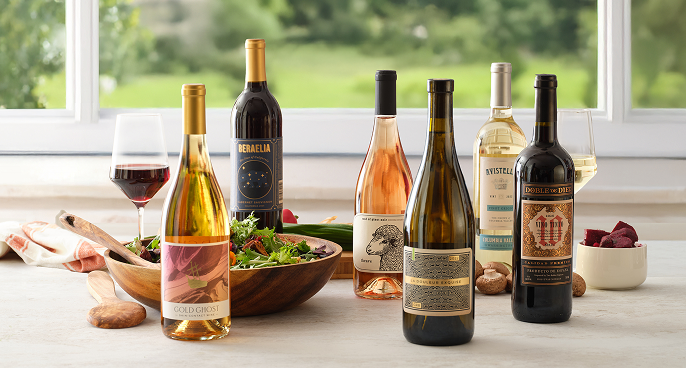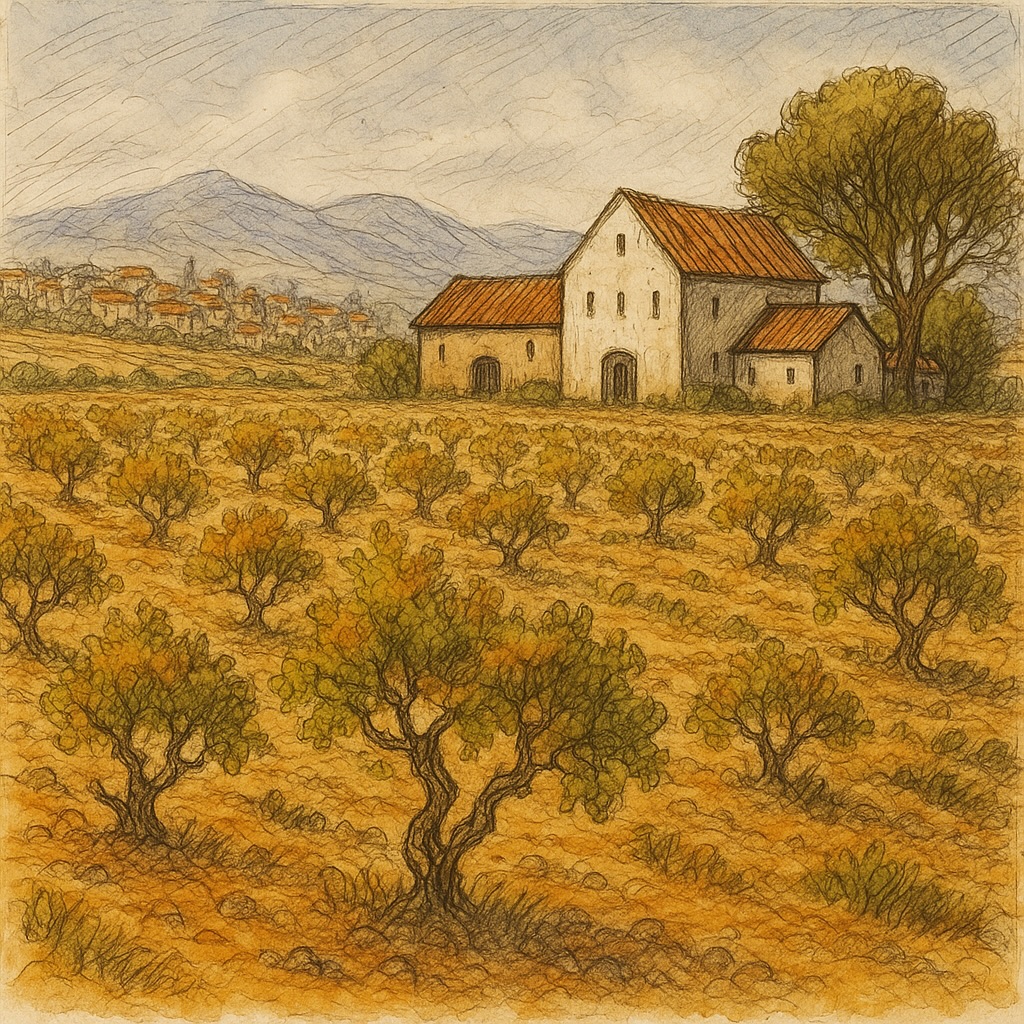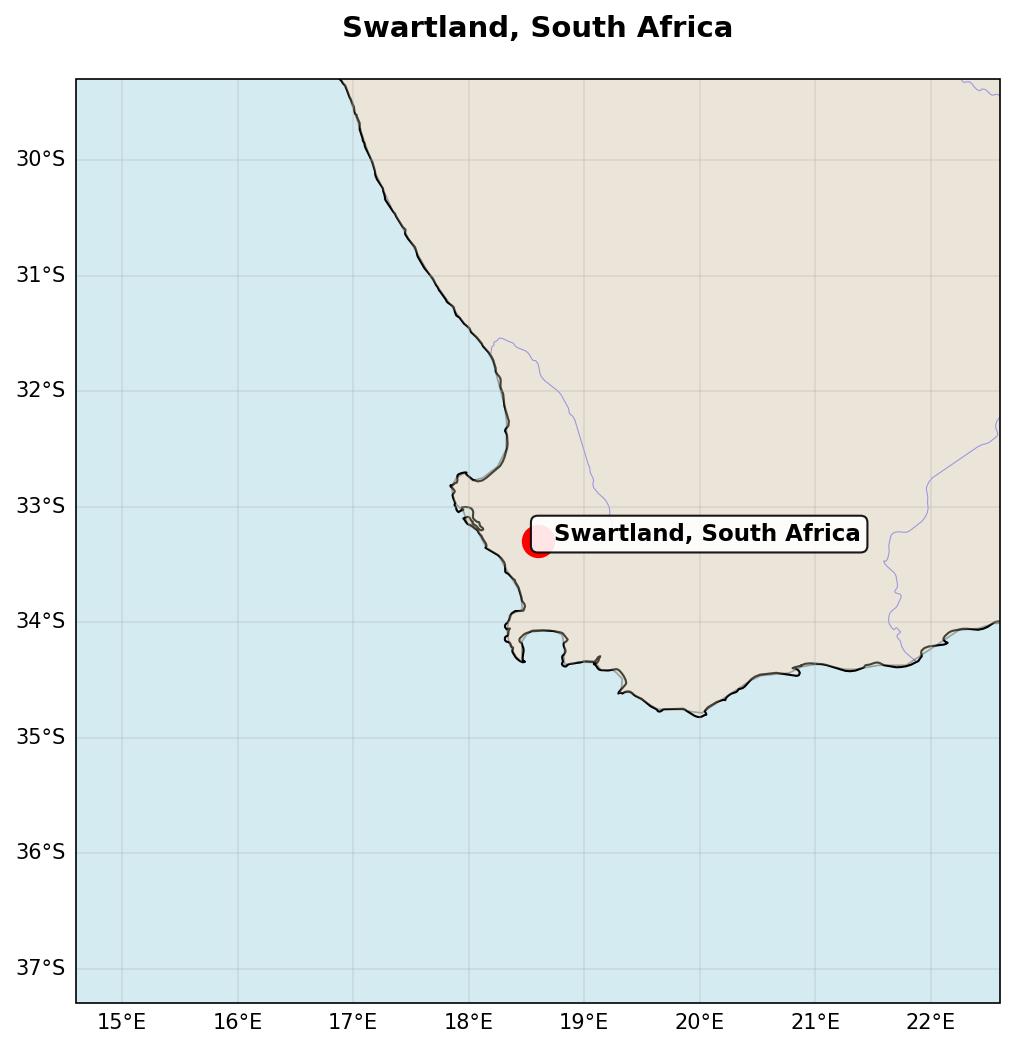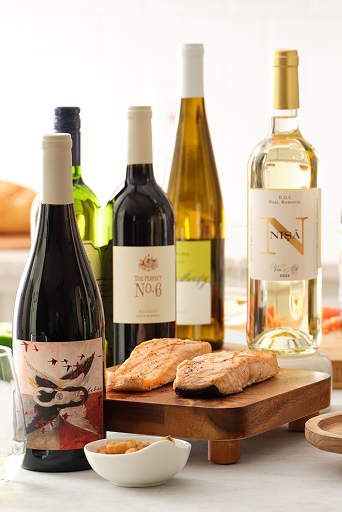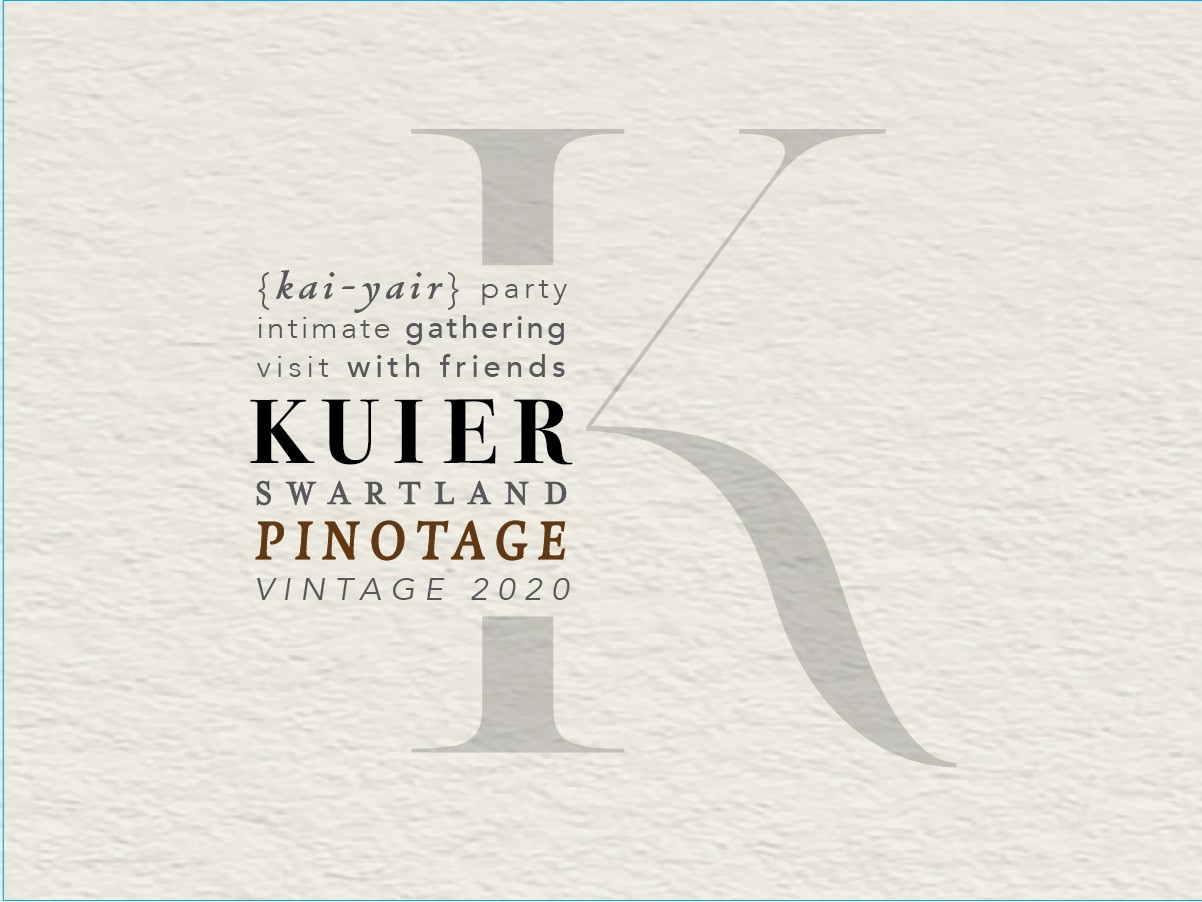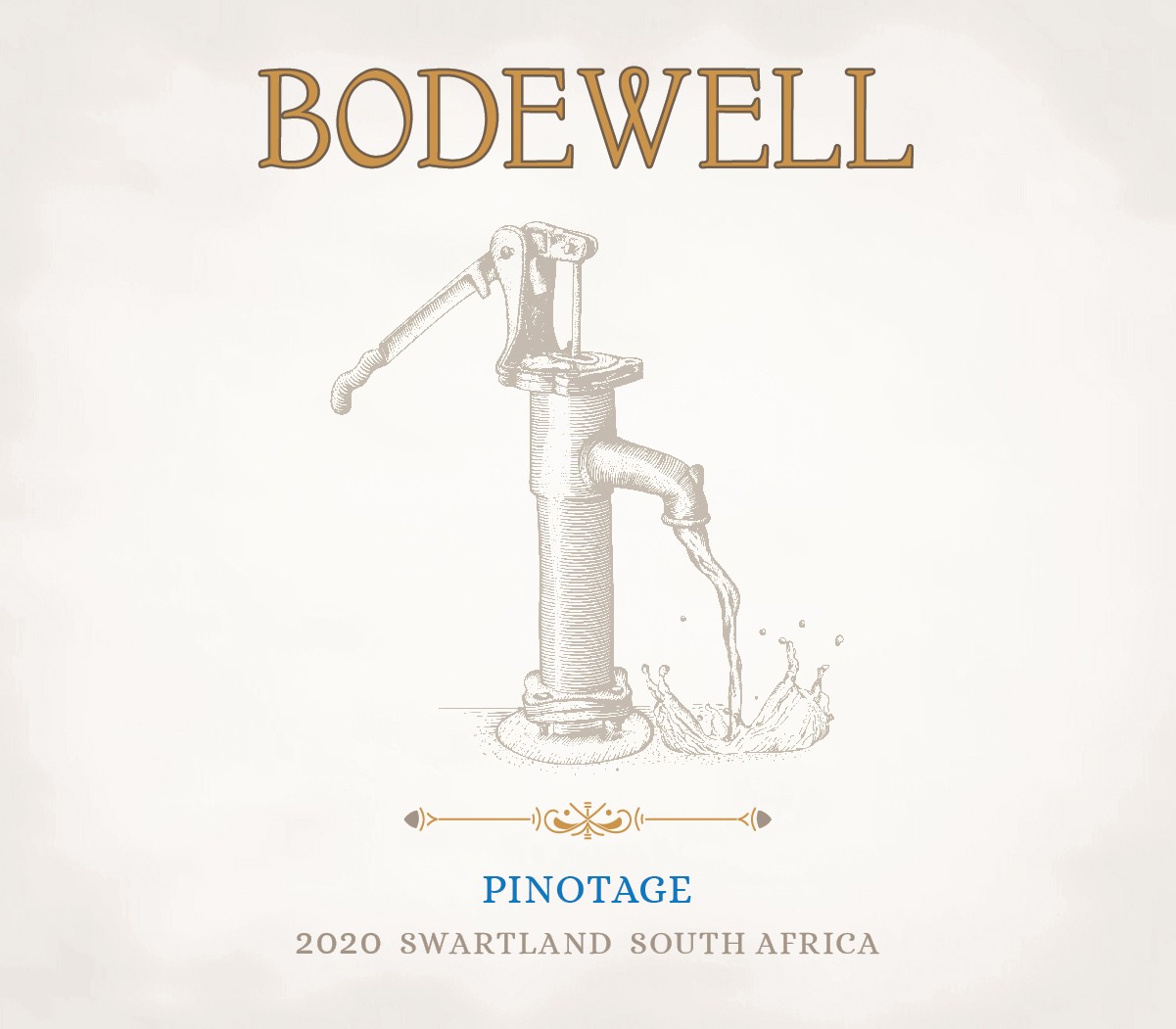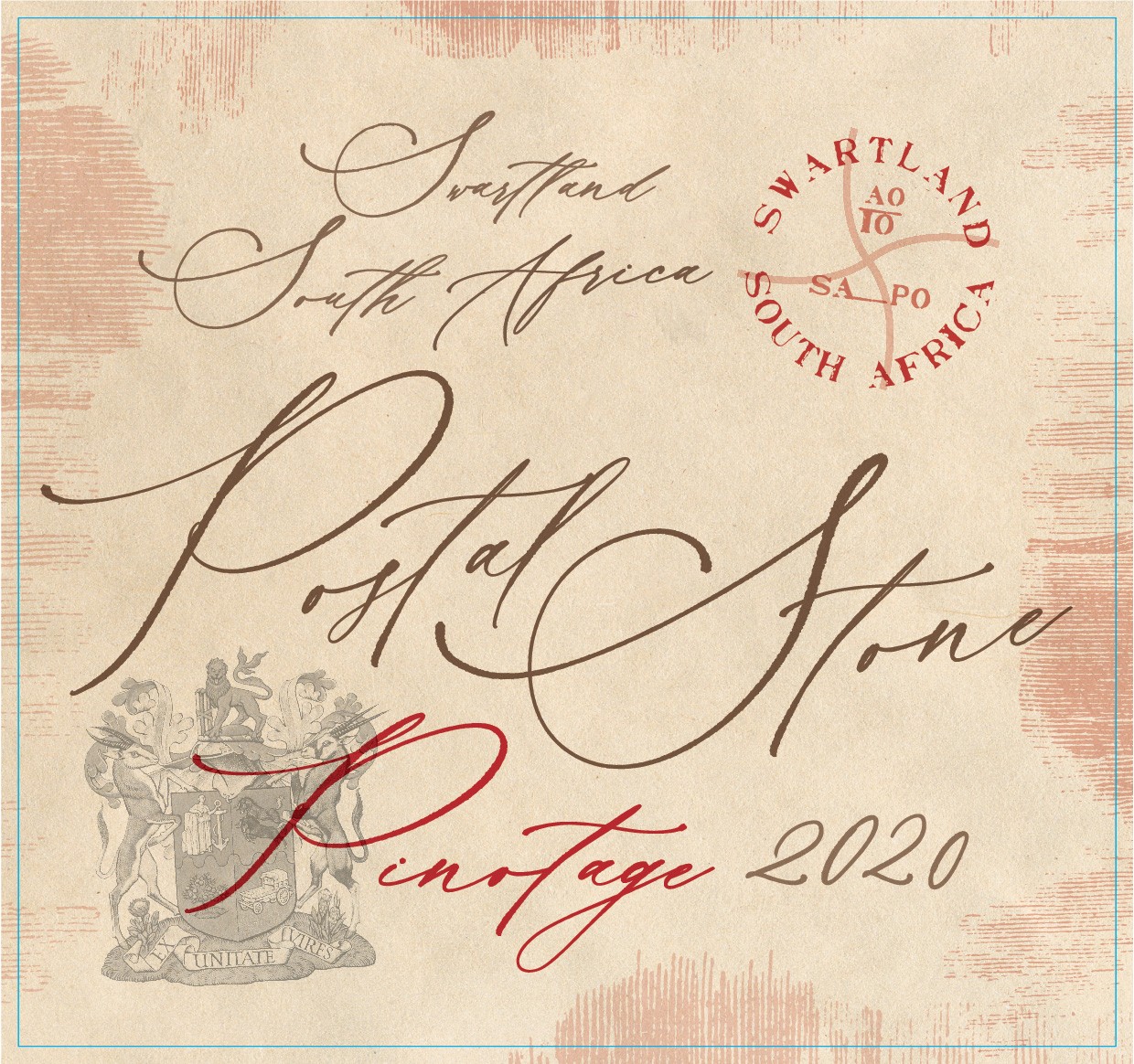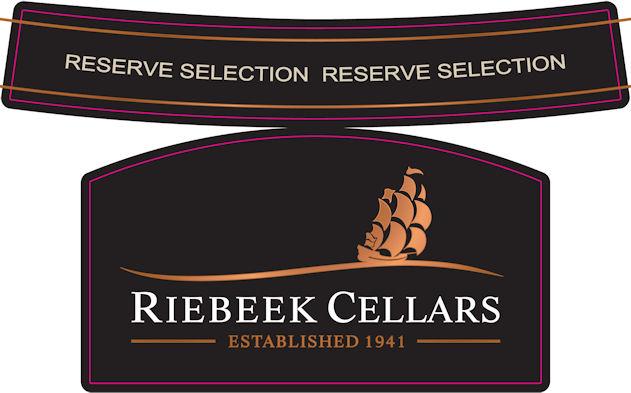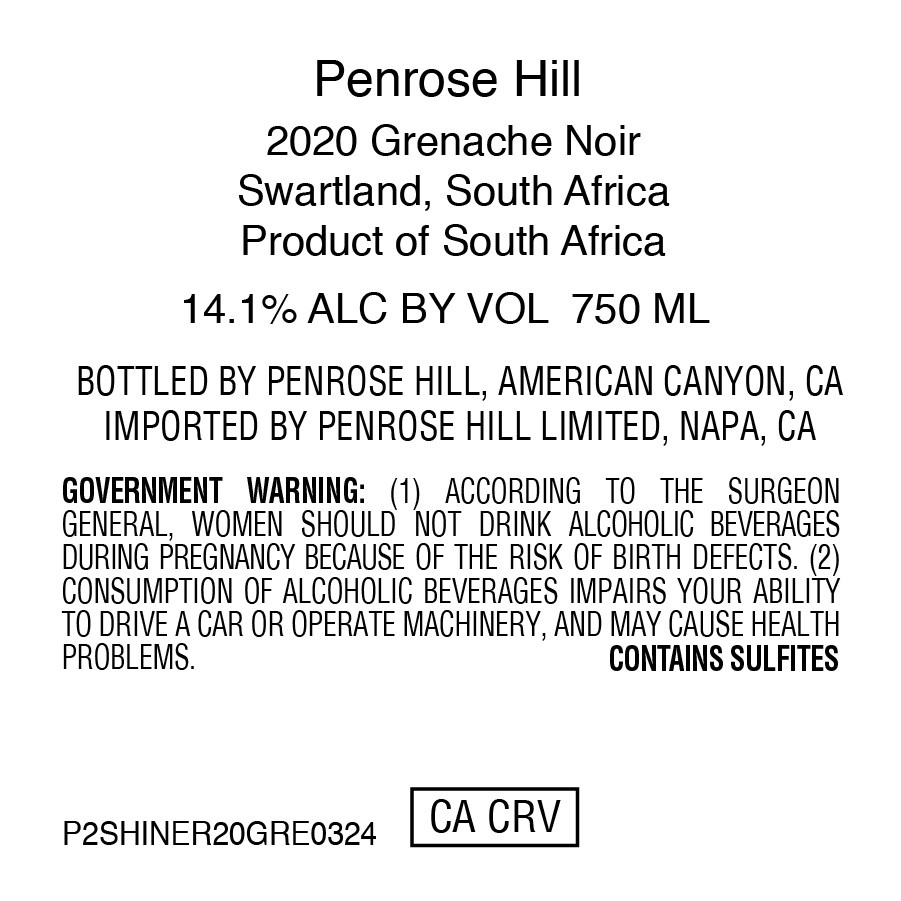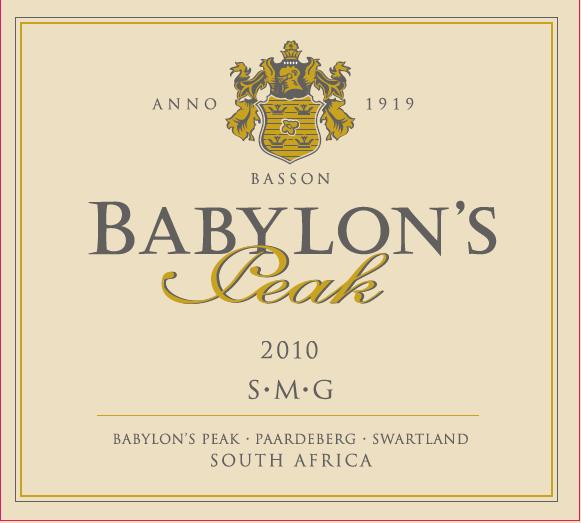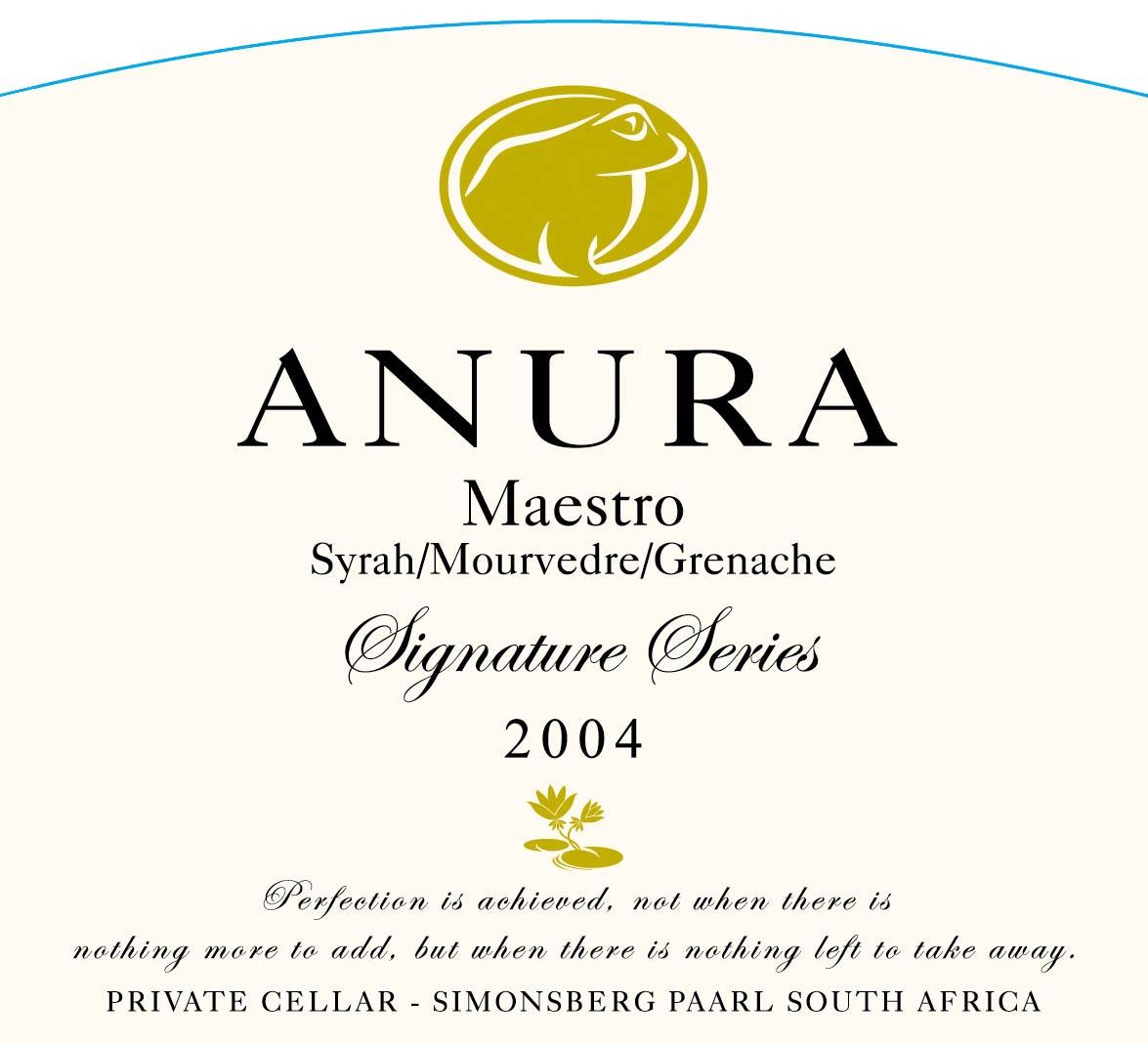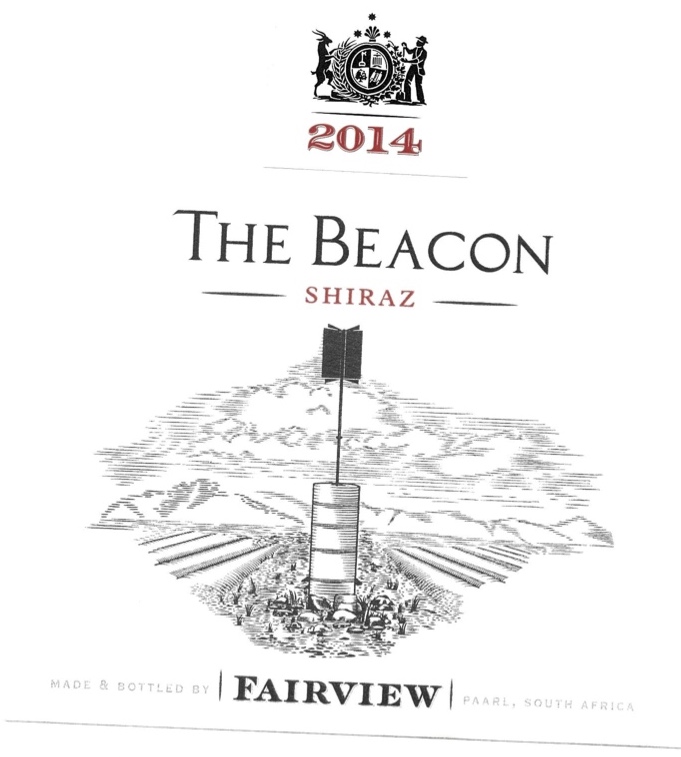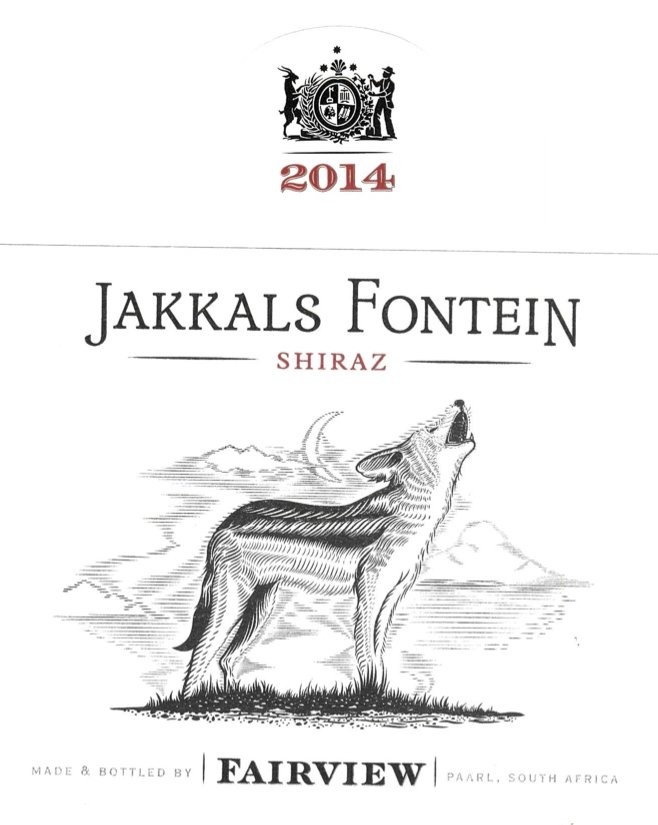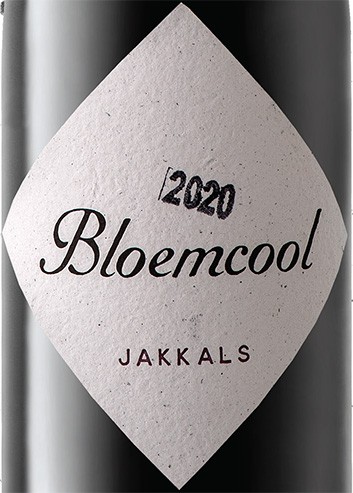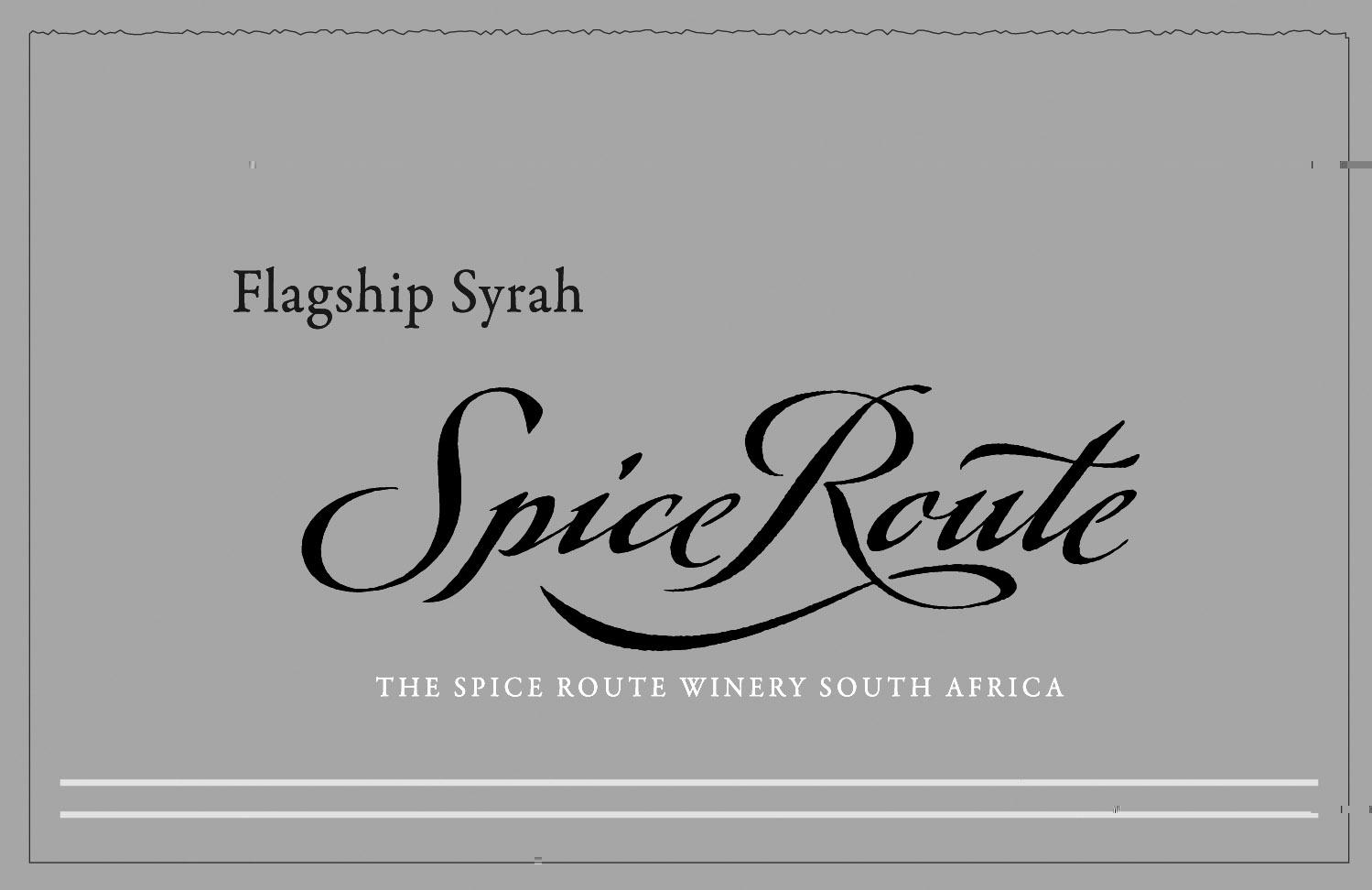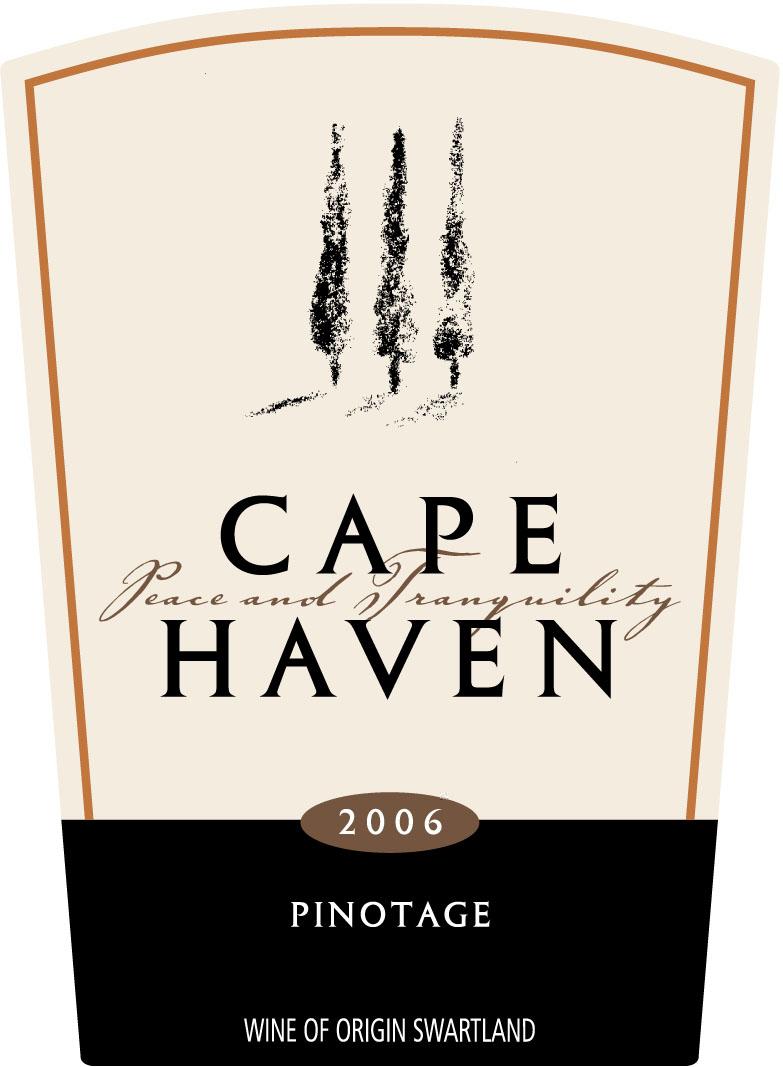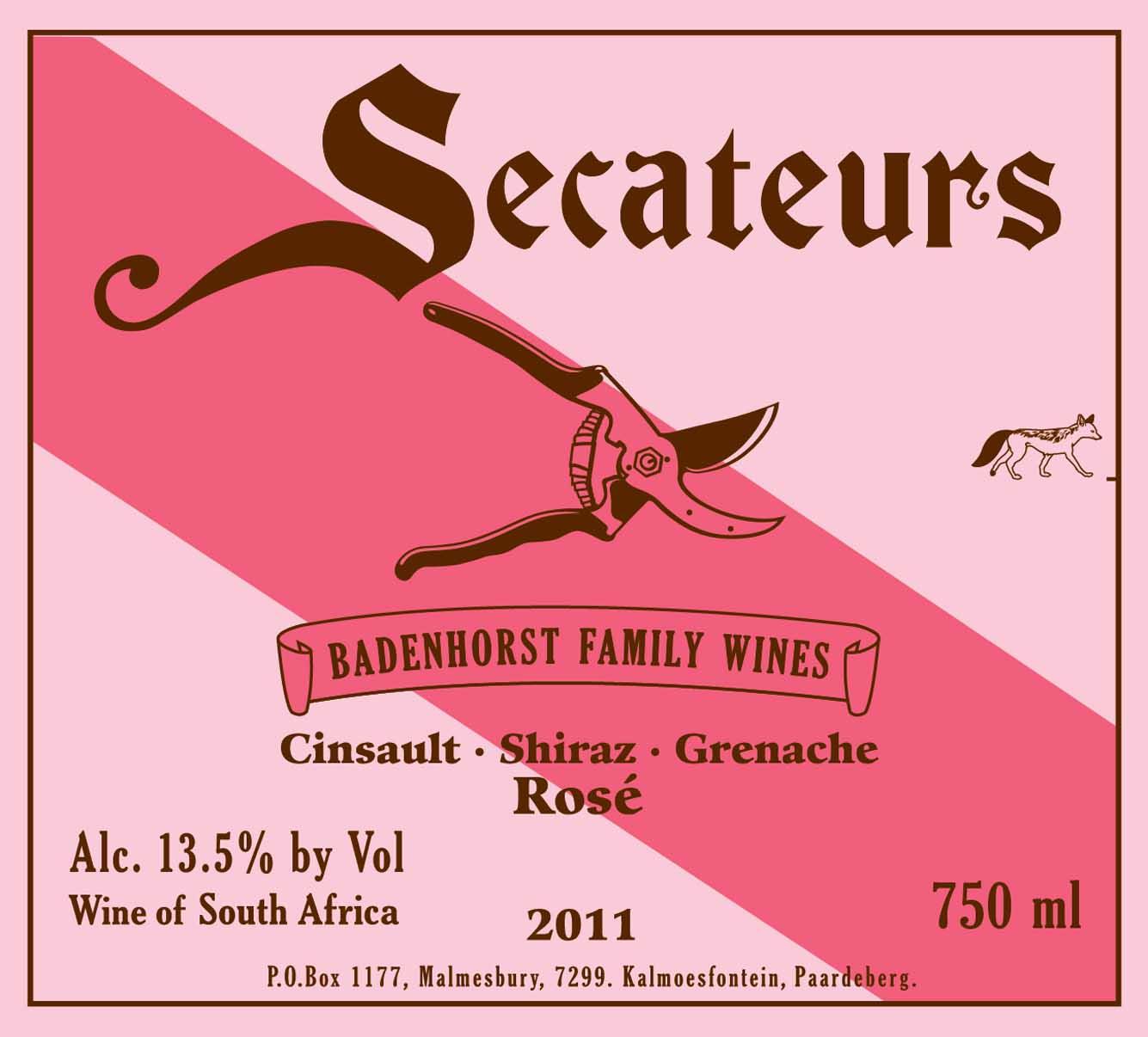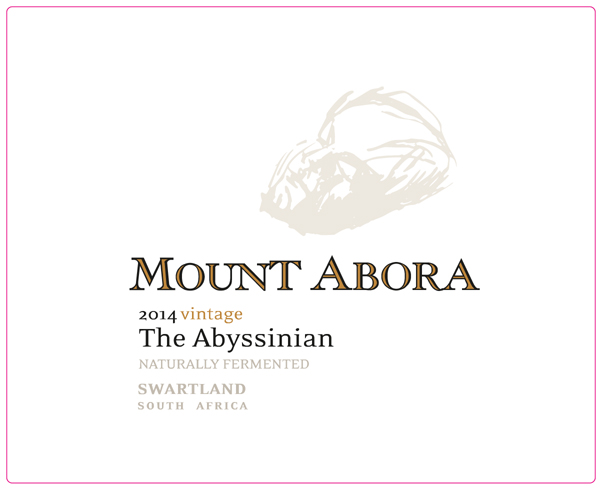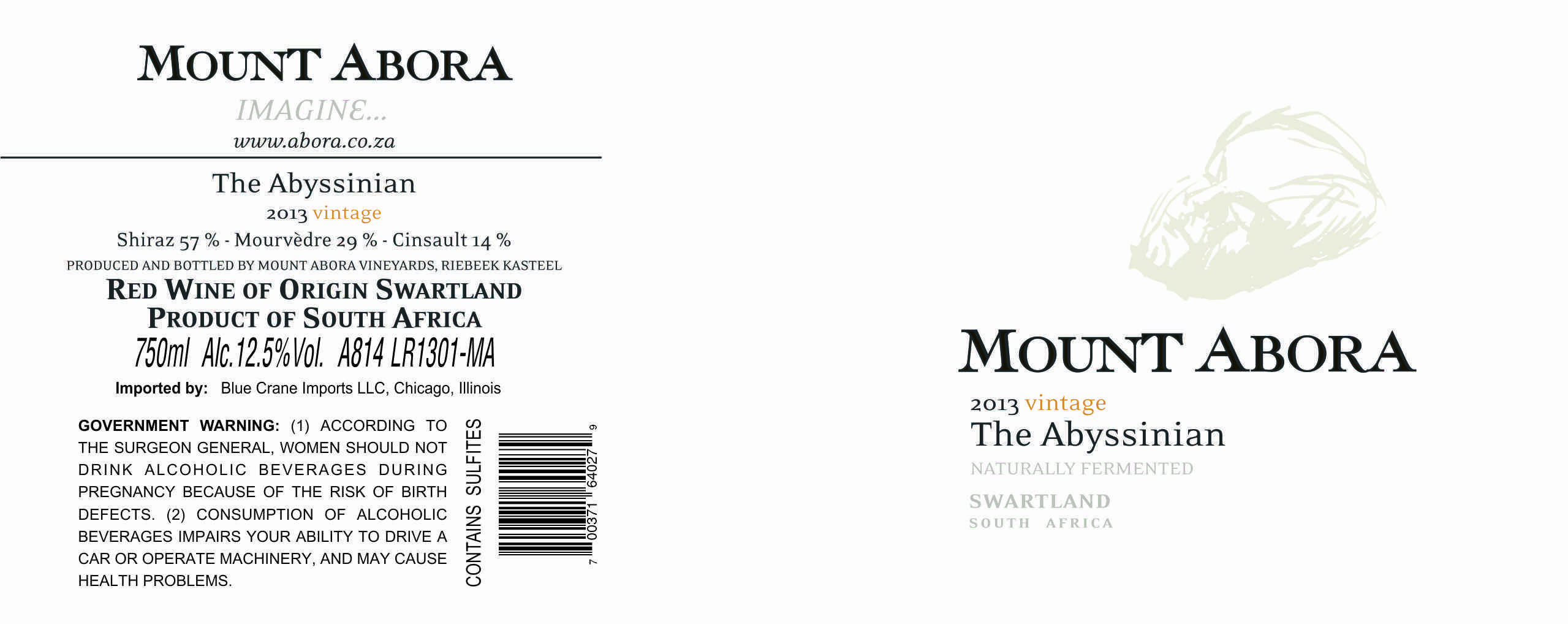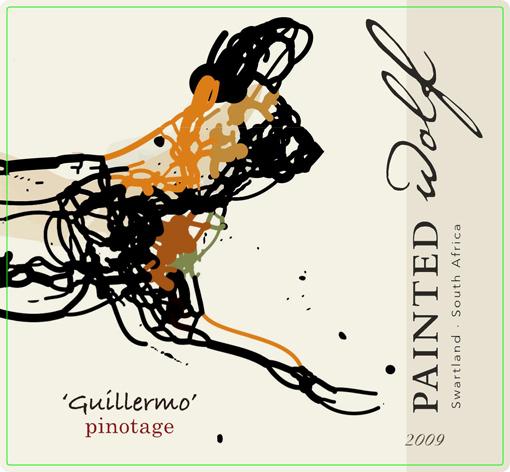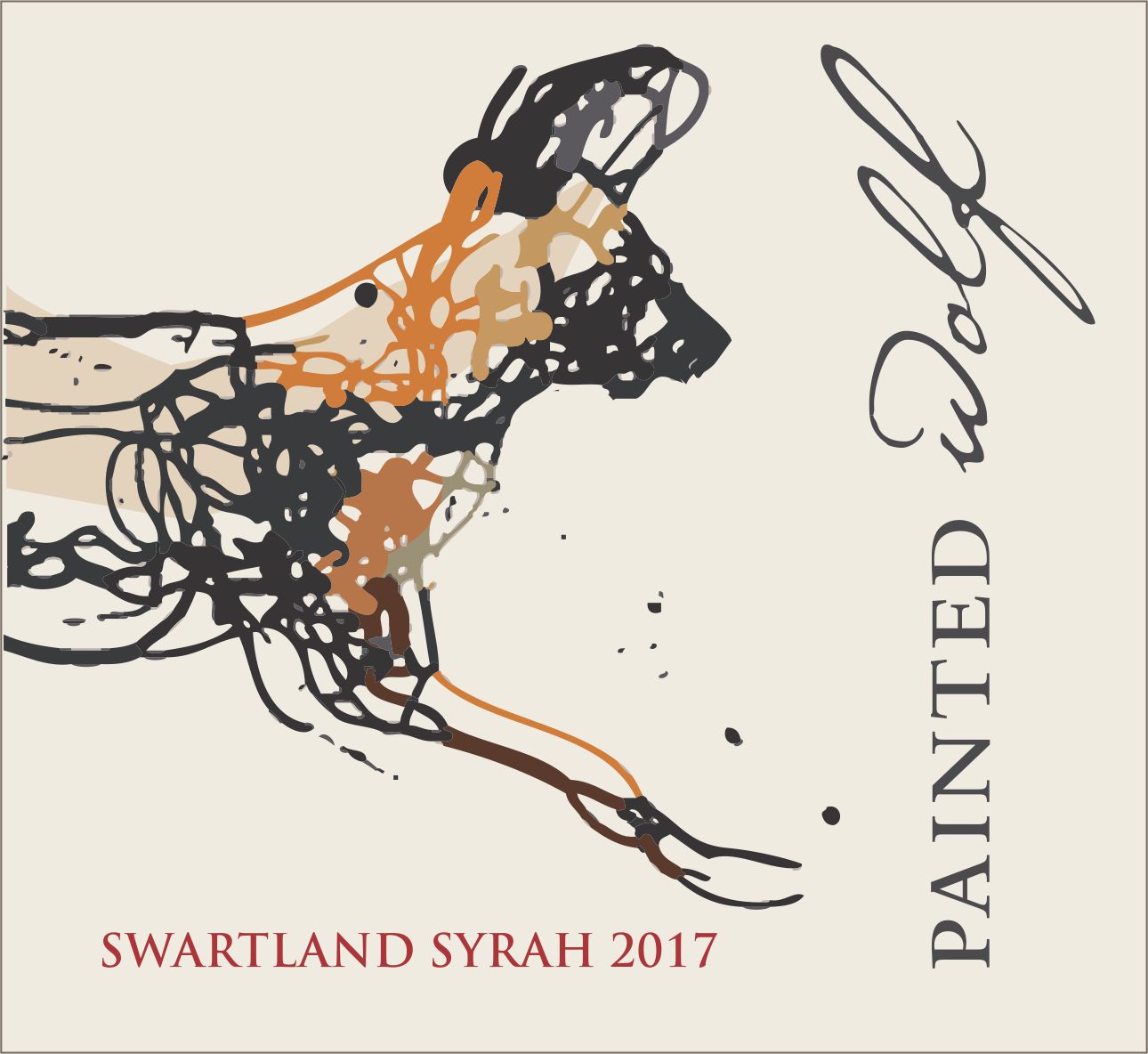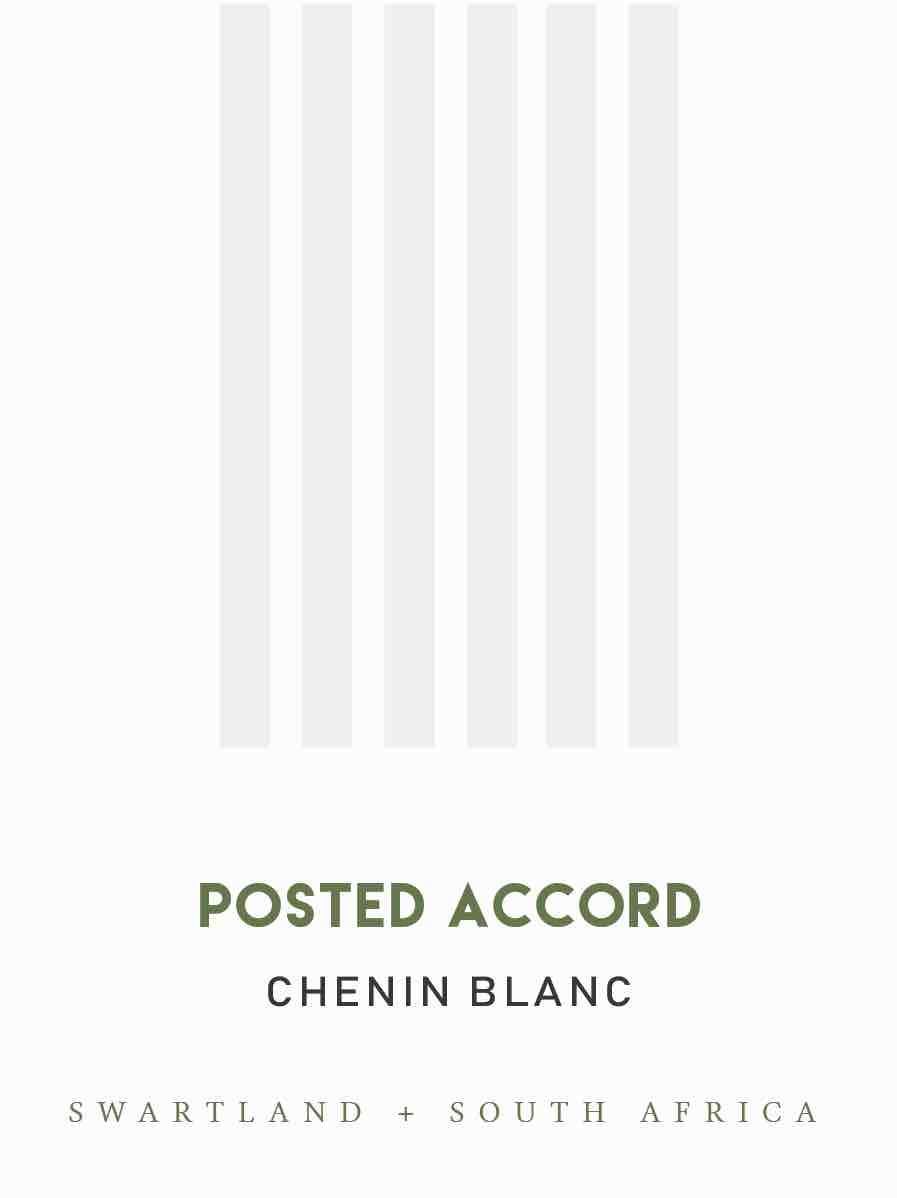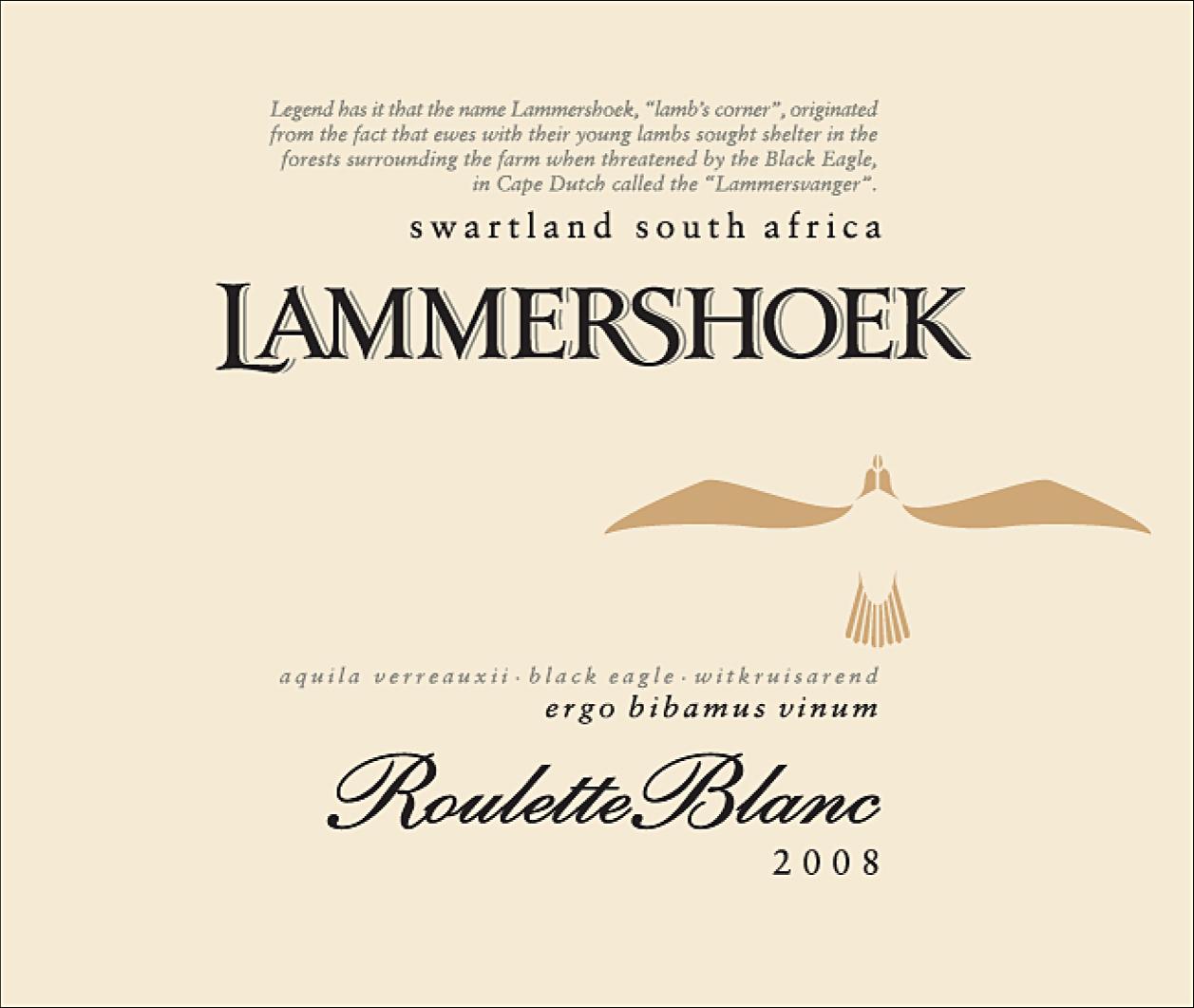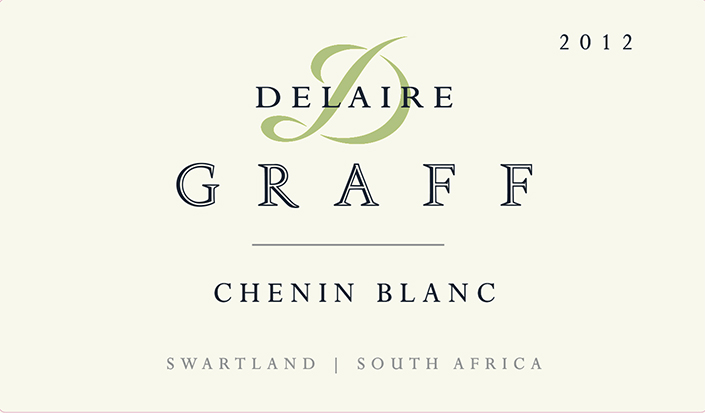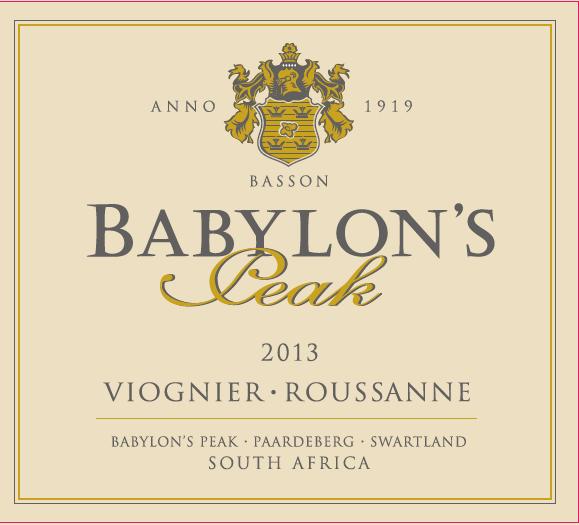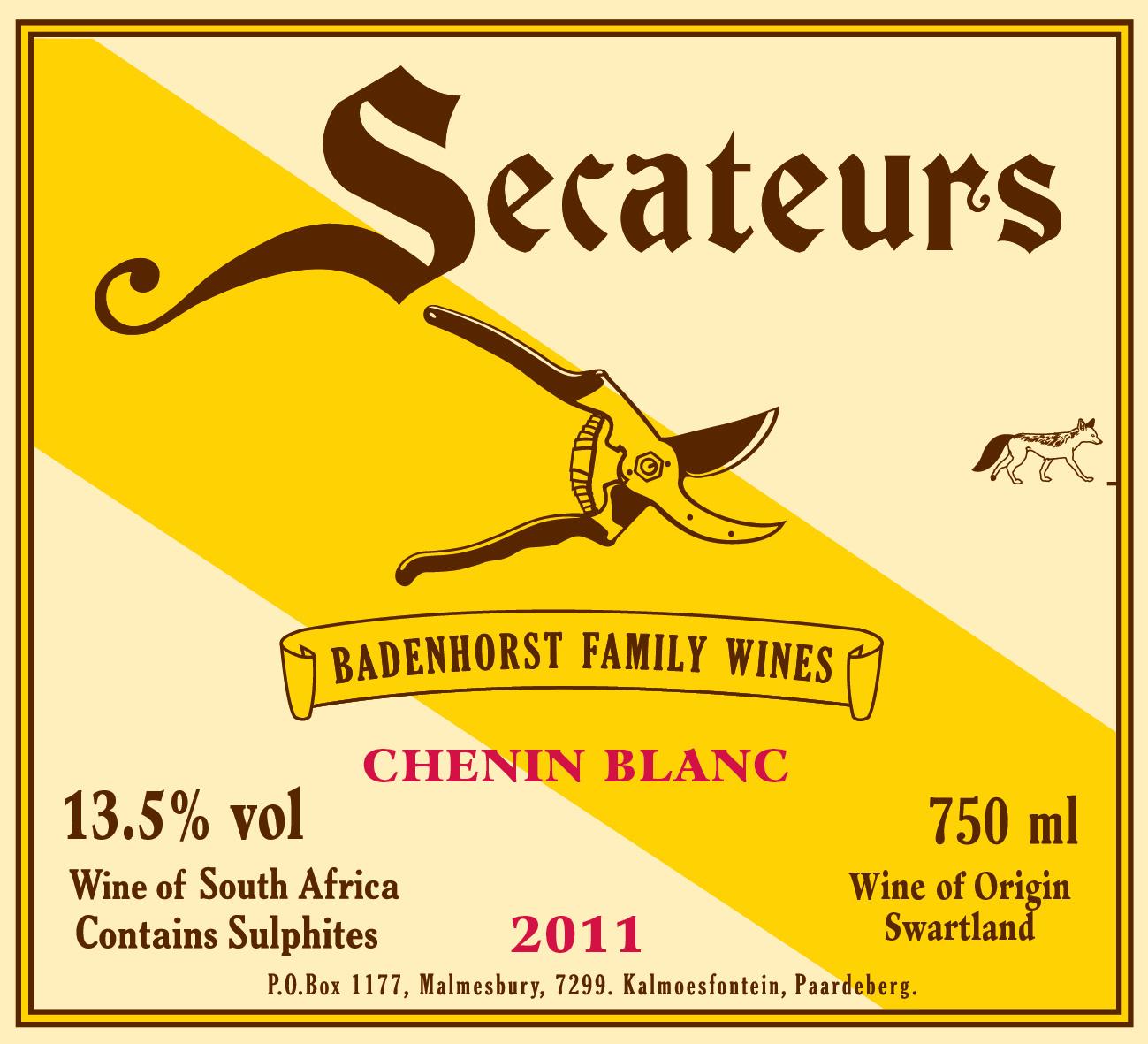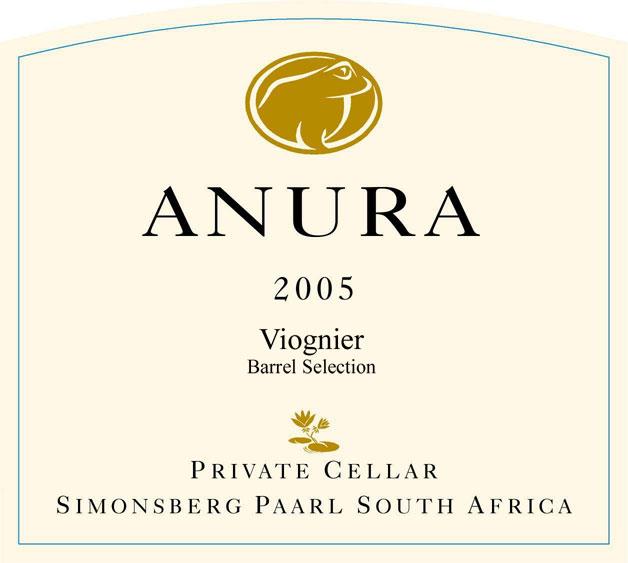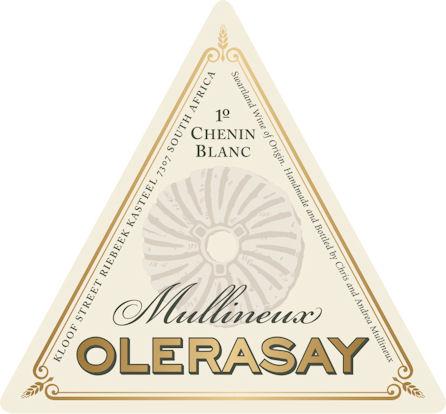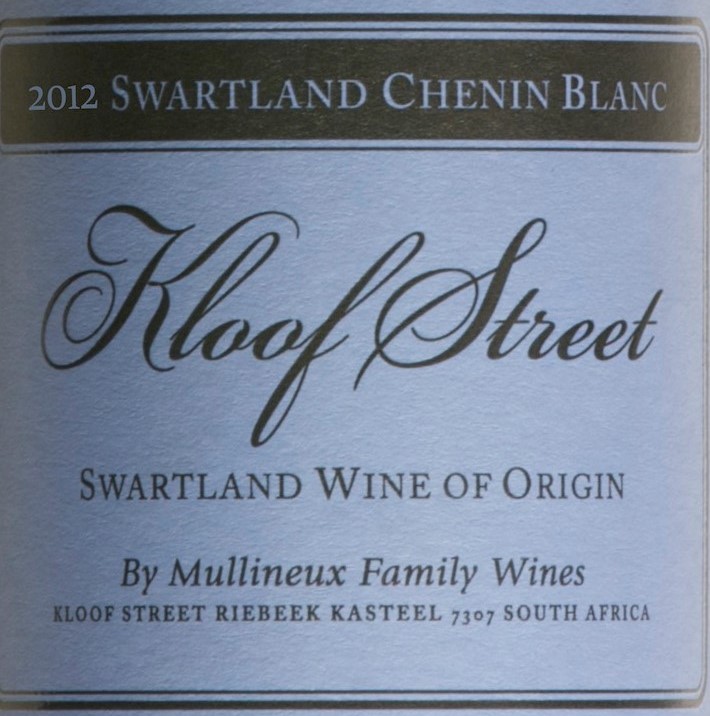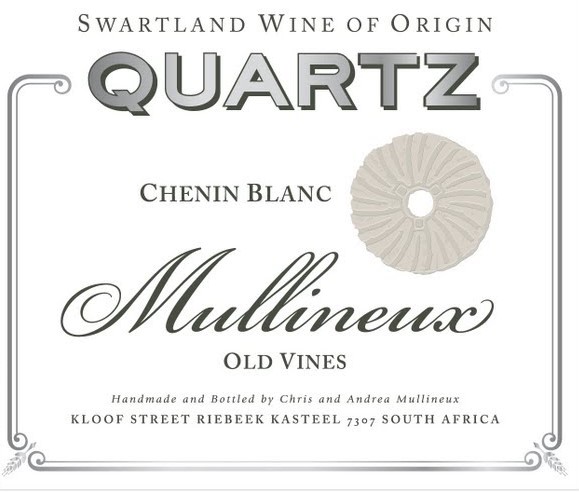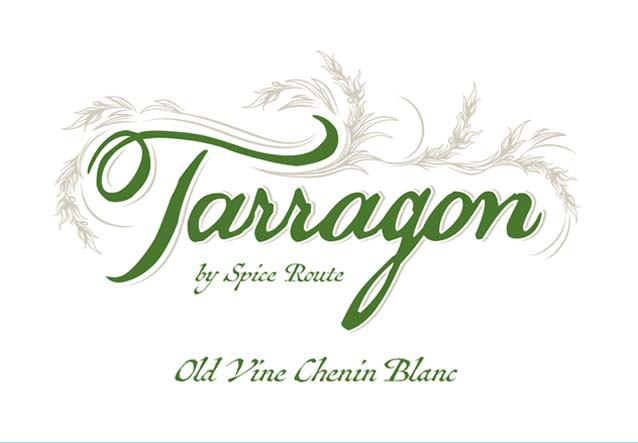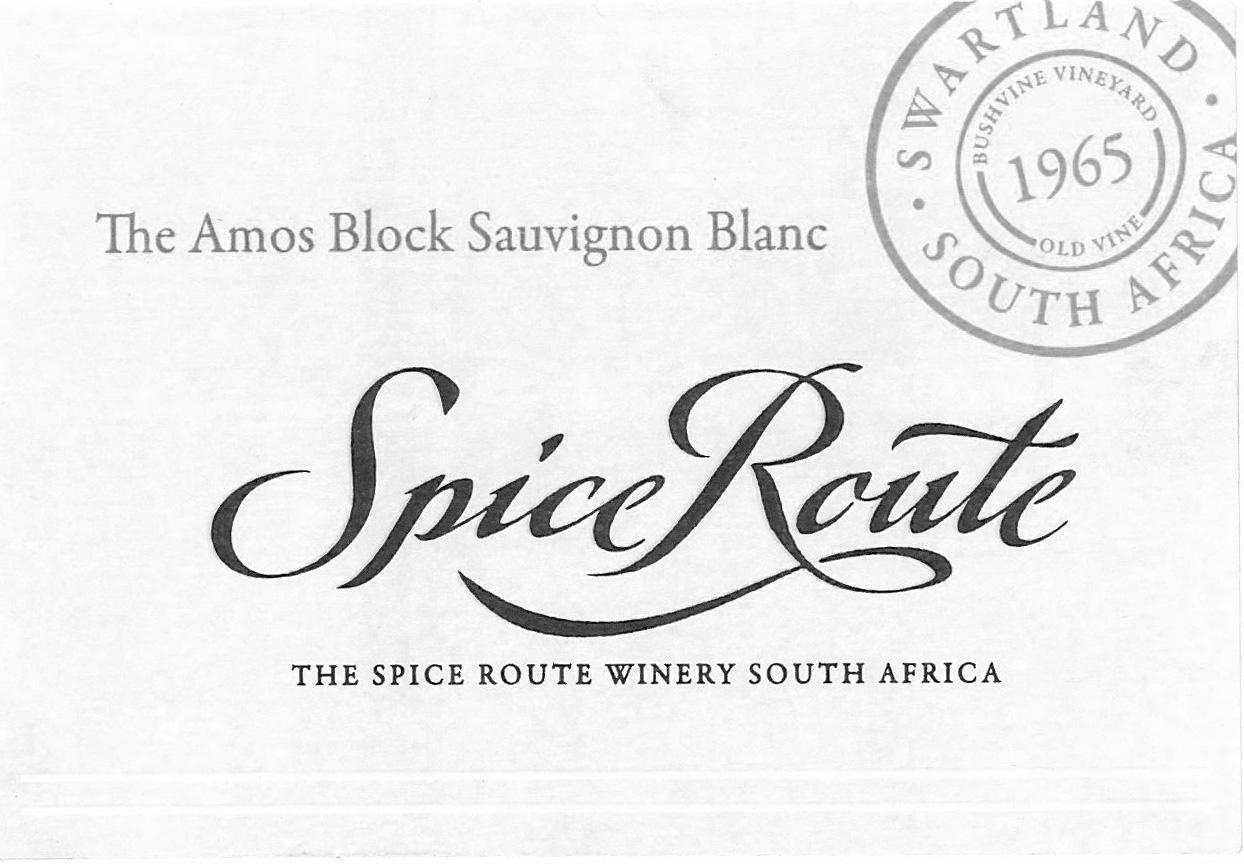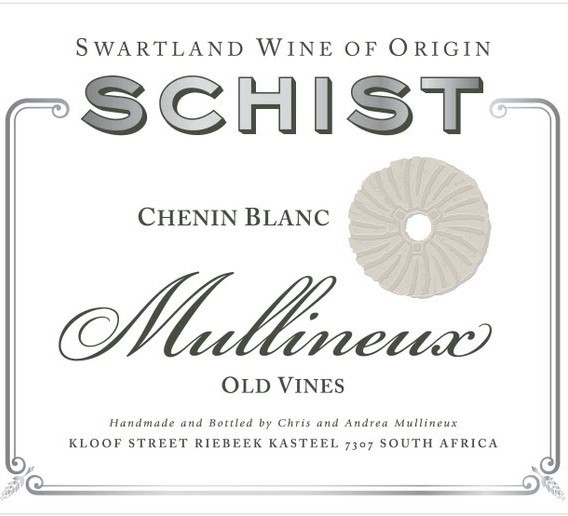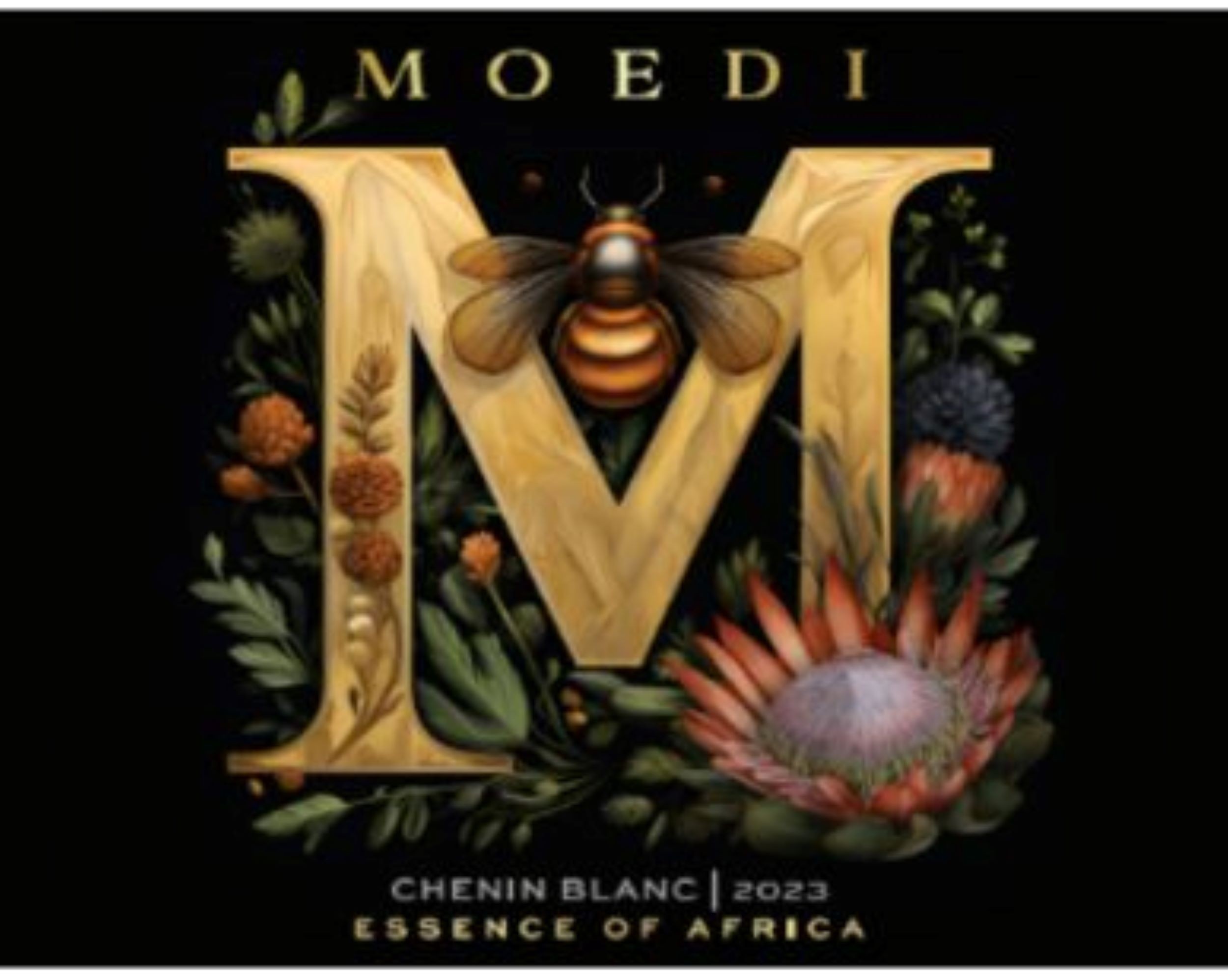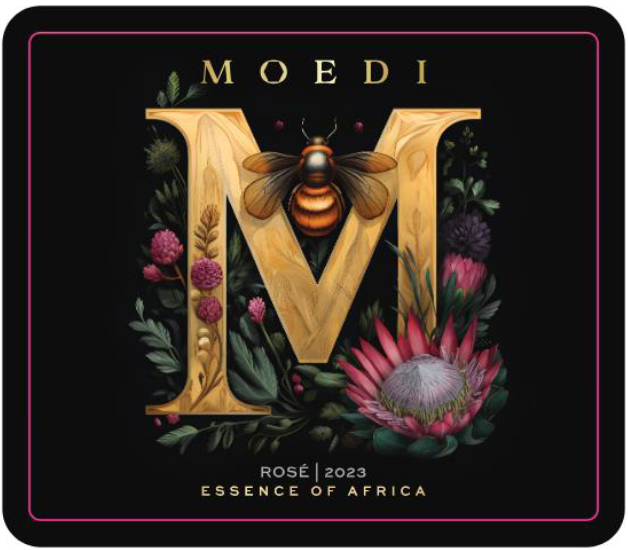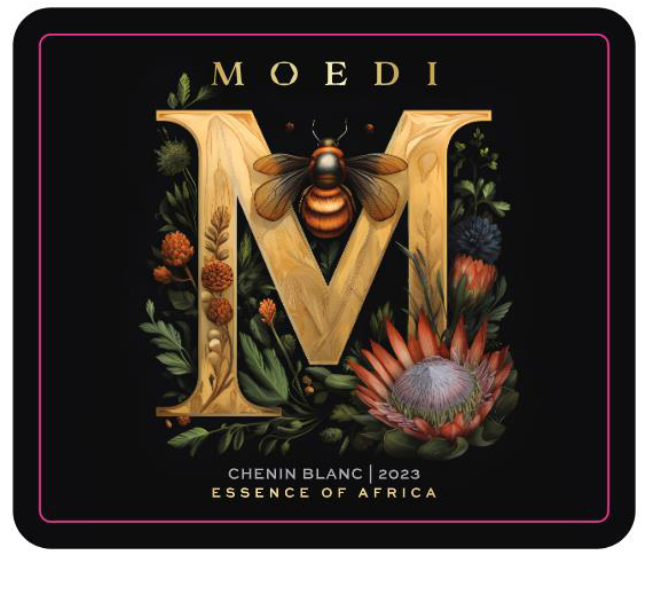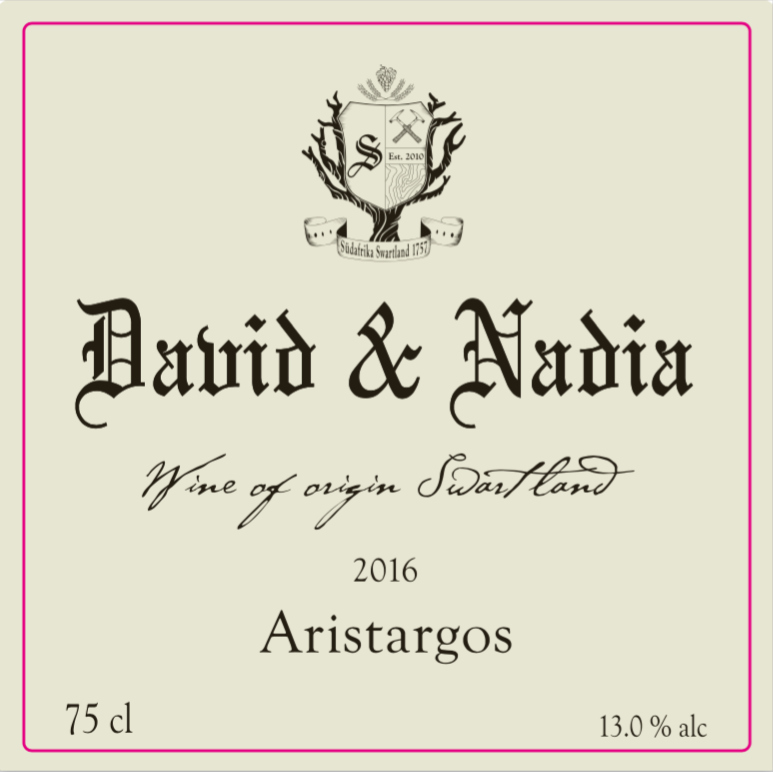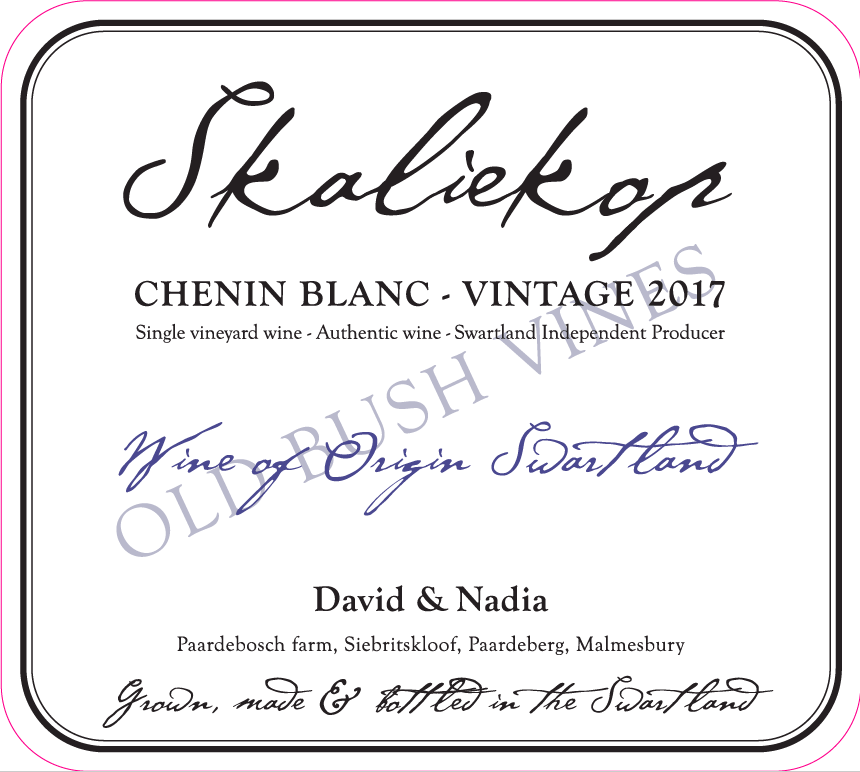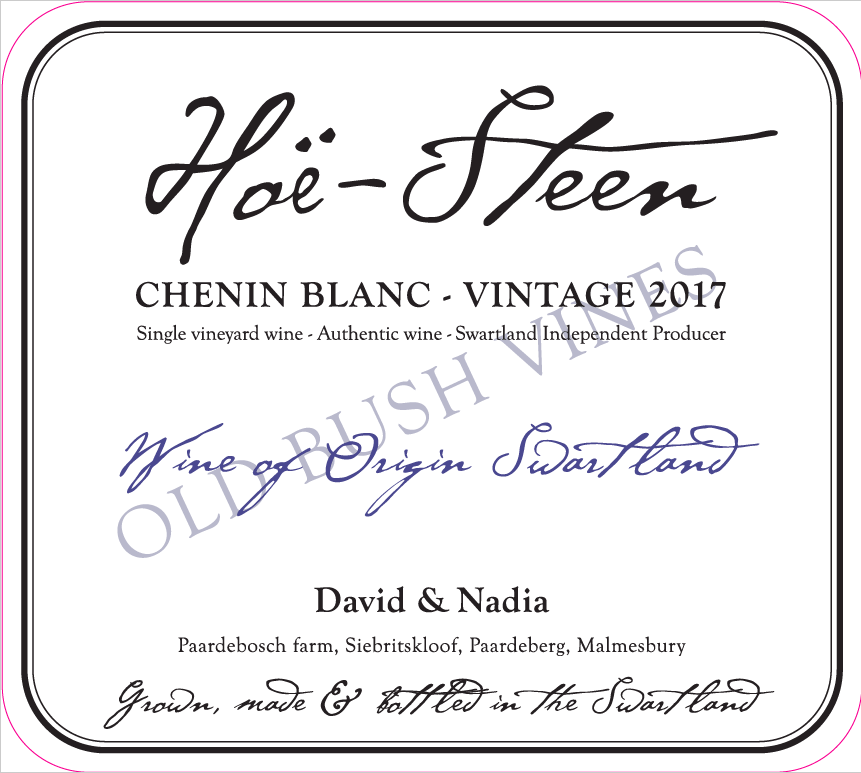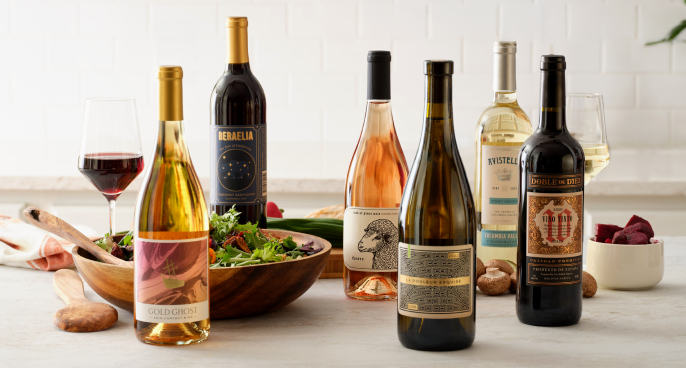Terroir of Swartland
Swartland's terroir is defined by its Malmesbury shale soils, interspersed with granite and iron, fostering deep-rooted vines that yield small, flavorful berries. The region's vineyards spread across both flat plains and the gentle slopes of ranges like Paardeberg, where granite outcrops are prominent, contributing to the complexity of the wines, particularly those made from Chenin Blanc and Syrah.
The climate here is reminiscent of a dry Mediterranean environment, characterized by hot, arid summers and winters with modest rainfall of about 300–400 mm. This dry climate minimizes disease and enhances the concentration of flavors, while the temperature swings from day to night, along with the Atlantic breezes, help maintain the grapes' acidity. This unique combination of soil, terrain, and climate plays a pivotal role in shaping Swartland's bold and diverse wine offerings.
Notable Wineries in Swartland
The Swartland region, celebrated for its dynamic and bold wines, hosts several notable wineries that define its innovative spirit. Here are a few standouts:
-
The Sadie Family (Malmesbury): Led by Eben Sadie, this winery is renowned for Columella and Palladius, focusing on purity and finesse.
-
Mullineux & Leeu Family Wines (Malmesbury): Known for terroir-driven Chenin Blanc and Syrah, they emphasize classic winemaking and support community initiatives.
-
AA Badenhorst Family Vineyards (Malmesbury): Celebrated for naturally expressive wines like the Secateurs range of Chenin Blancs and restrained reds.
-
Lammershoek Estate (Klipheuwel, Malmesbury): Crafts premium Chenin, Syrah, and blends, with a commitment to community development.
-
Alheit Vineyards: Specializes in old-vine Chenin Blanc, known for wines with minerality and tension.
Sustainable Winemaking in Swartland
Swartland is at the forefront of sustainable winemaking, embracing practices that respect its unique landscape. Many vineyards adopt dry-farming and cultivate bush vines, allowing the naturally poor soils and limited rainfall to keep grape yields low. This approach enhances the concentration of flavors in their Chenin Blanc and Syrah wines.
Winemakers in the region often favor minimal intervention, using spontaneous fermentations and limiting additives. Organic and biodynamic farming methods are widely practiced, reflecting a deep commitment to environmental stewardship. Additionally, many estates participate in national programs promoting sustainability and ethical trade. Initiatives such as employee-benefit wines and communal vegetable gardens support local communities and showcase the region's dedication to social responsibility alongside quality winemaking.
Wine Tourism in Swartland
Swartland offers a rich tapestry of wine tourism experiences, blending scenic beauty and cultural charm. Just an hour from Cape Town, embark on the Swartland’s Wine & Olive Route, where boutique wineries and olive farms offer tastings paired with local delicacies.
-
Riebeek Kasteel: Discover this historic town's art galleries, markets, and lush olive groves.
-
Malmesbury: Enjoy farm-to-table dining and explore charming lodges in this vibrant hub.
-
Vineyard Exploration: Traverse vineyards by car or bike, partake in seasonal festivals, and indulge in exclusive tastings.
-
Accommodations and Tours: Experience agritourism at wineries offering stays and guided tours.
Swartland's wine tourism not only highlights its bold wines like Syrah and Chenin Blanc but also supports sustainable practices and community initiatives, creating a holistic and enriching experience.

